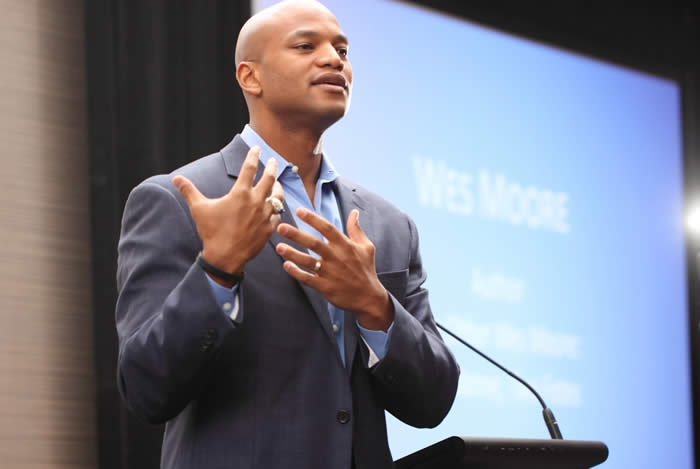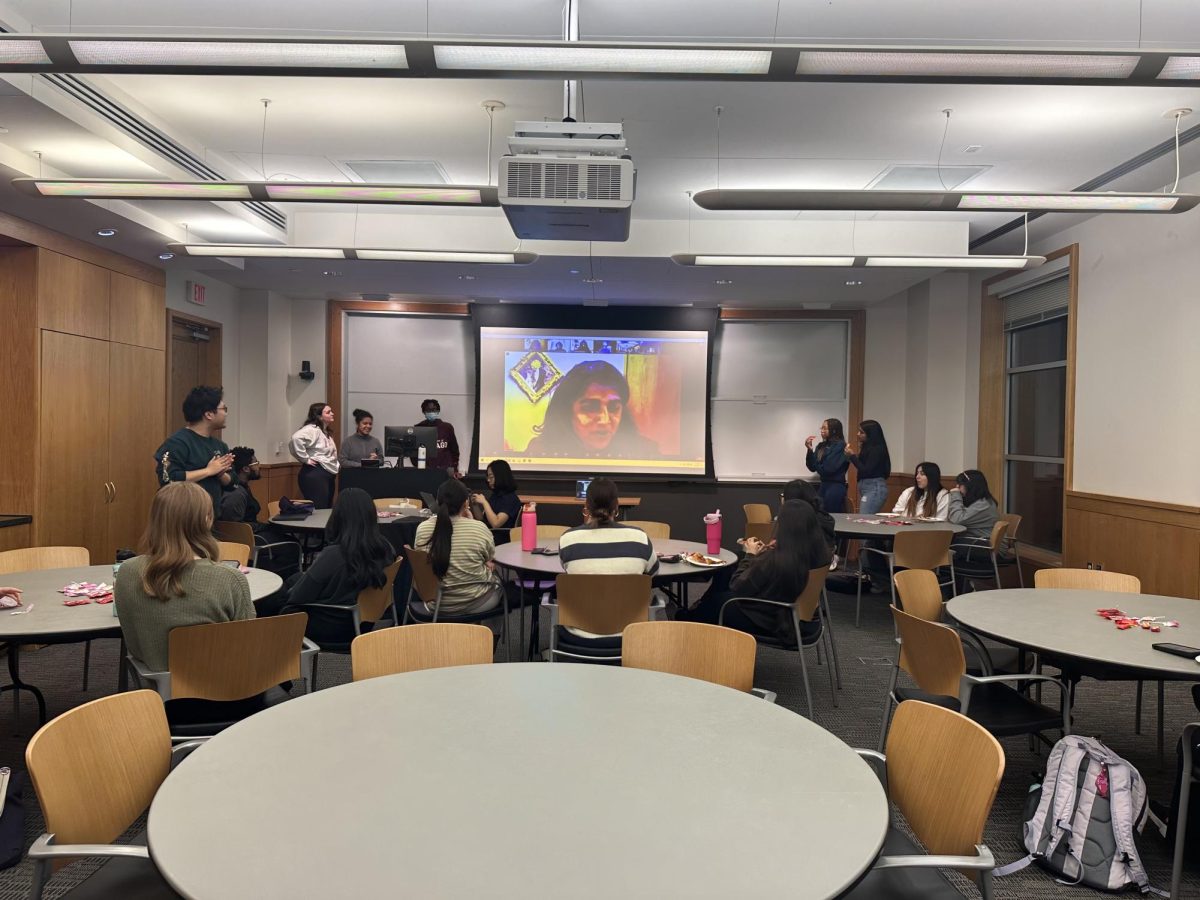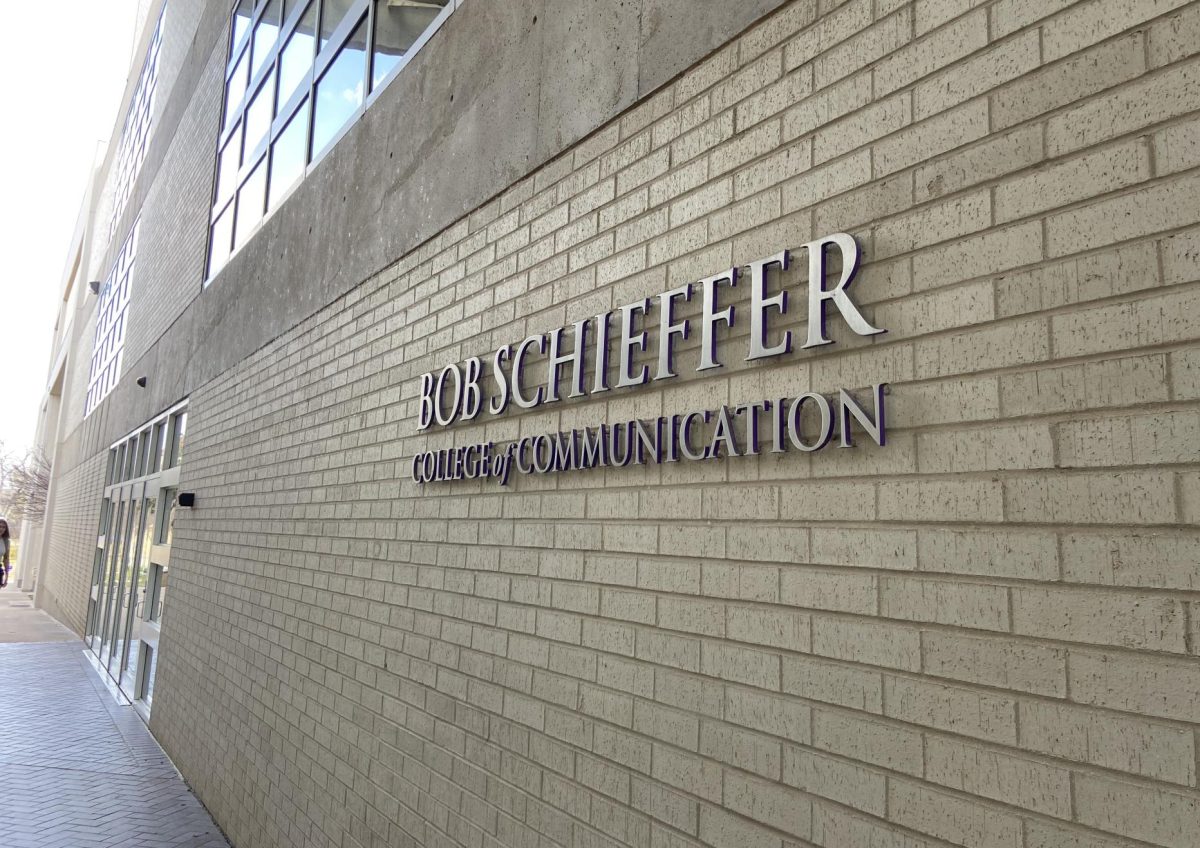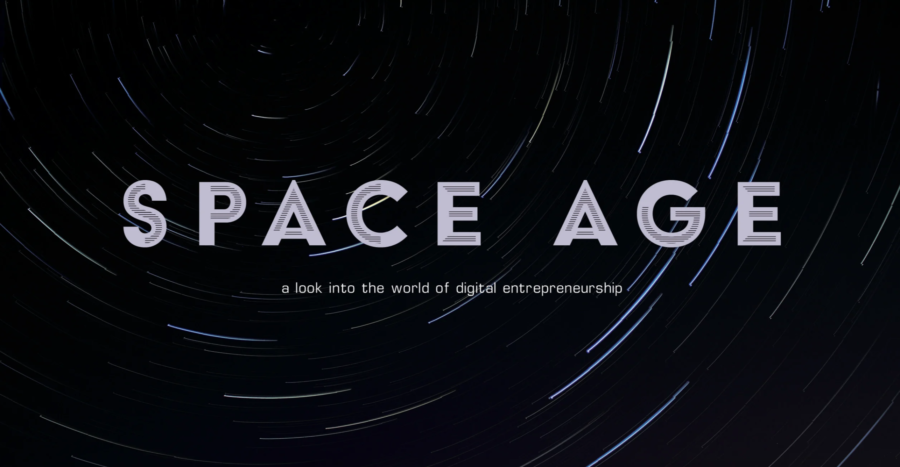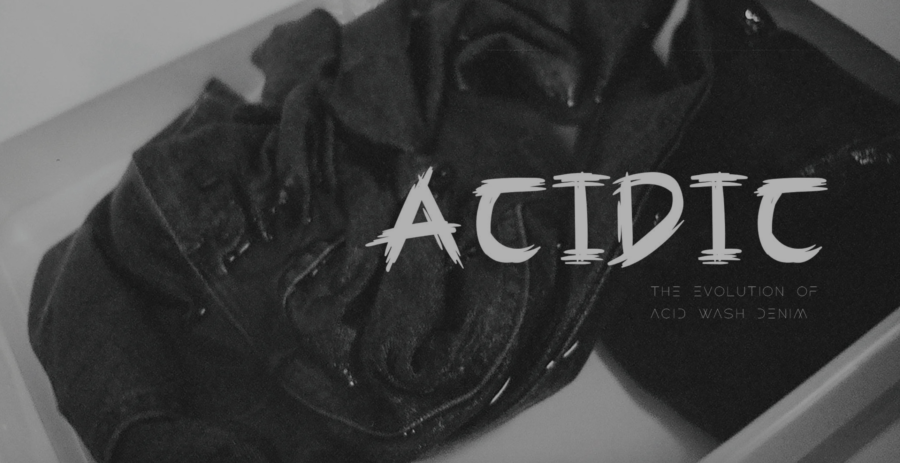This year, like many years prior, universities across the nation assigned some form of a common reading for their incoming first-year students. Most assignments like this went on without a hitch, except at Duke University. “Duke did not seem to have people like me in mind,” Brian Grasso, a first year student at Duke, said to his university’s newspaper. “It was like Duke didn’t know we existed, which surprises me.”
Duke’s Common Experience Summer Reading Program chose a novel that did not make a good first impression on some first-year students. The incoming students turned to their class Facebook page to voice their opinions about the assigned reading. According to The Chronicle, Duke’s student-run paper, some students objected to reading the novel because “its sexual images and themes conflicted with their personal and religious beliefs.” The novel in question was “Fun Home: A Family Tragicomic”, a graphic novel by Alison Bechdel. 
As Bechdel discovers her own sexuality, she also discovers the truth about her father’s homosexuality. Then after her father’s sudden death, Bechdel is left to try to understand her father’s life as it relates to her own.
Grasso, who is credited with being the first to post his opposition to reading “Fun Home” on Facebook, wrote that he felt his Christian morals would be compromised if he read the novel, according to The Chronicle.
The Chronicle addressed this issue that occurred among the university’s newest students. Over the days that followed the initial article explaining what had happened, discussions continued to build upon each other. Among the subsequent articles published in The Chronicle, there was a response from the editorial board of the paper and several opinion columns written by Duke students. The discussions at Duke garnered attention from major publications as well.
A student member of the common reading selection committee at Duke said that the committee expected the novel to “be contentious among its readers”, according to The Chronicle.
The editorial board’s response stated that Duke is not afraid to choose books that deal with controversial topics and challenge students.
Sage Elwell, a member of TCU’s Common Reading Steering Committee, said the committee tries to make common reading selections that resonate with contemporary discussions.
Duke’s common reading program, like TCU’s, aims to help first-year students get acclimated to collegiate academics. The common reading assignment and activities are meant to be the incoming students’ first taste of the challenges that lie ahead and the wide spectrum of diverse thought they will surely encounter.
The opposition to “Fun Home” is the newest example of a multi-faceted phenomenon that has surfaced on many college campuses nationwide. Concern is mounting that “university” as we know it — striving to teach students how to think and not what to think — may be changing due to a new generation of students.
Greg Lukianoff, president and CEO of the Foundation for Individual Rights in Education, and Jonathan Haidt, a professor at New York University’s Stern School of Business, wrote, “a movement is arising, undirected and driven largely by students, to scrub campuses clean of words, ideas, and subjects that might cause discomfort or give offense”, in their article “The Coddling of the American Mind”.
Throughout their article, Lukianoff and Haidt evaluate the effects of this trend on the very people it is meant to protect.
The trend identified by Lukianoff and Haidt seems to be primarily focused on emotional well-being.
Lukianoff and Haidt point to instances on college campuses that occurred just this past year, where students are asking professors to avoid teaching certain uncomfortable subjects, and even to stop using certain words that could potentially cause students distress.
There are terms that have become mainstream in the discussions on what is appropriate for college students to come in contact with on campus.
One popular term is trigger warning, which is a disclaimer about topics that might cause a strong emotional response.
Trigger warnings have been labeled as beneficiary to college campuses and also detrimental to college campuses.
In an article titled “My Students Need Trigger Warnings – and Professors Do Too”, the author explains how trigger warnings are “a more complicated question of university policy and academic labor, as opposed to simply the protection of students’ tender sensibilities.”
On the opposite side of the trigger warning conversation, trigger warnings are infantilizing and crippling college students by protecting them from the realities of the world beyond college, according to another article.
“From the earliest European universities, diversity of thought was valued. And this was at the core of the university,” Daniel Williams, a member of TCU’s Common Reading Steering Committee, said.
By posting on Facebook that he would not participate in the “Fun Home” reading assignment, Elwell and others are concerned Grasso is missing a fundamental purpose of his presence at Duke.
Elwell said, “Part of the education process is balancing the sensitivities and the awareness of the sensitivities of others with the reality of ‘Let’s do the hard work of understanding.’”
To understand topics that are foreign or uncomfortable to students requires them to participate in dialogues concerning those things. Elwell said simply shutting down and not engaging in a tough conversation is not particularly helpful to students’ higher education.
In 2006 Barbara Brown Herman, the dean of Student Development Services, and Andrew Fort, a TCU religion professor, put a Vision in Action (VIA) proposal together to solidify faculty support of the Common Reading program which began in 1998.
One of the goals of the VIA Project was to address “topics of importance to Fort Worth, Texas, the nation and the world.”
Ryan Madigan, a TCU senior, said he thinks the Common Reading program’s success depends on the chosen book. He said a book that starts a discussion or gives a new perspective to incoming TCU students is helpful, even if it’s a book that someone disagrees with.
First-year student Kendall Reich said she could relate her own life to this year’s common reading, “The Other Wes Moore.” Reich said it was interesting to think about if she would be where she is now if she had gone to a different school growing up.
Reich said she would speak out about a common reading if it was really inappropriate, but she would still respect the school and do the assignment.
TCU’s Common Reading Steering Committee is comprised of faculty from a wide range of departments, Elwell said.
There are no students currently on the committee.
“How qualified would students be to decide what the next generation of students should read or not read?” Williams said.
Williams said that is a step the committee has never taken before and it would generate an interesting discussion.
First-year student Niki Gray said student opinion on the common reading books would be helpful for the next class of students.
Jack Parker, a TCU junior, said there should be students on the committee to help faculty know what students would be interested in.
While TCU has not had much backlash from the common reading selection over the years, TCU and its students are witnessing these changes in the relationship between college students and their universities.


